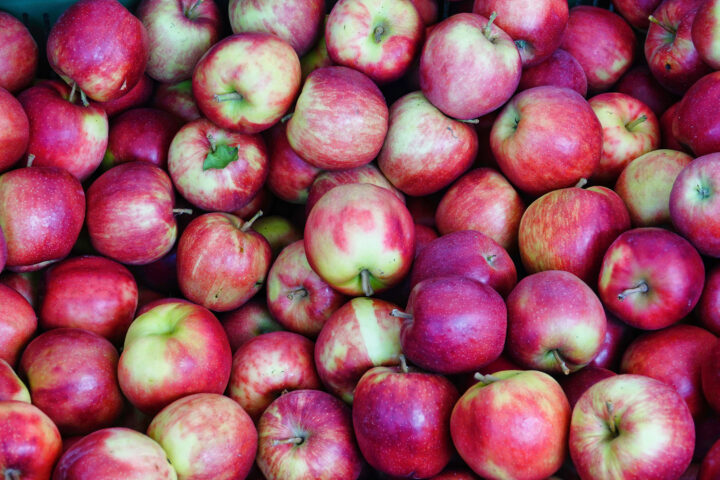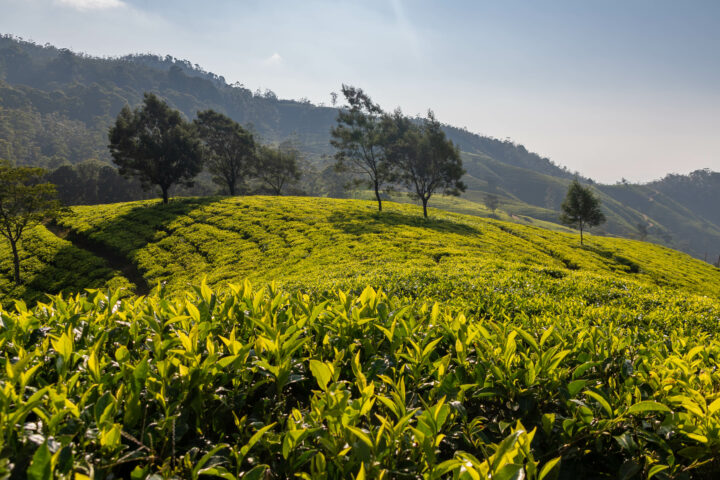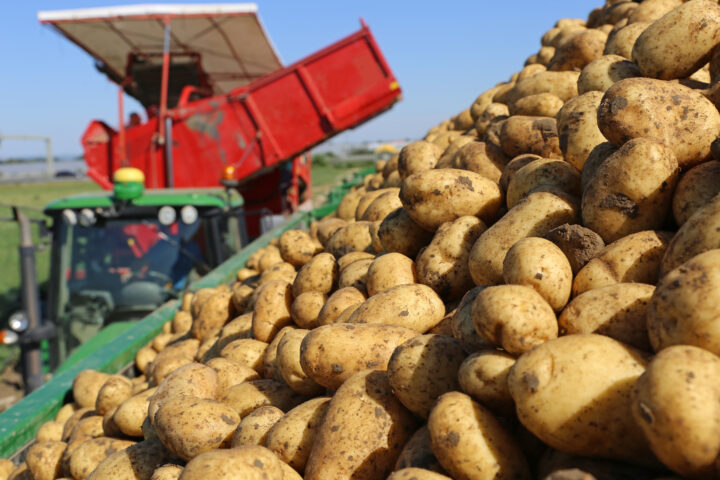
Price more important for consumers than sustainability label
When buying food, Swiss consumers pay more attention to the price than to sustainability labels. One reason for this might be that many are not aware of what the labels mean. In addition, more and more people are buying their groceries online. This is the result of a survey by the retailer organization Swiss Retail Federation.
Tuesday, January 11, 2022
The "BauernZeitung" reports on one representative survey by the Swiss Retail Federation, the association of retail companies, on the shopping behavior of Swiss consumers. Although online shopping has become more important due to the pandemic and the emergence of express delivery services, 84 percent of respondents still prefer to do their shopping in a physical store. 14 percent also shop online. Only two percent of those surveyed buy their groceries exclusively online. The biggest obstacle to online shopping is the lack of an opportunity to select and test products. However, shopping preferences must be differentiated by segment. When it comes to books, music or sporting goods, just a quarter still prefer to visit a shop. Viewed across all segments, there are still 54 percent who shop exclusively in stores.
Price before (unclear) sustainability labels
Purchasing shows that price still plays a major role in product selection. A product's sustainability label is more important than its price only for a quarter of those surveyed. 38 percent stated that their purchase decision was a combination of label and price. 37 percent said that the price is more important to them than a sustainability label. For 13 percent, the issue of sustainability plays no role in purchasing.
Participants were also asked about various characteristics on the topics of purchasing habits and sustainability. According to the “BauernZeitung”, there seems to have been a certain sensitization of consumers to the topic of food waste. Buying products with a shortened shelf-life or small imperfections to keep them from going to landfill is the most frequently cited sustainability buying habit. Consumers look at labels or certifications only afterwards. With the labels, the leap of faith seems to be large: More than a quarter of respondents say they recognize a label but don't know exactly what it stands for. It would be interesting to find out whether more transparency about the criteria for so-called sustainability labels influences purchasing behavior.
Incomplete product information when selling online
Reports of non-compliant food sold through online stores are increasing. In addition to reputable suppliers, there are also sellers who offer products that are harmful to health. The cantonal chemists have carried out a national inspection of foodstuffs offered online. A check was carried out at 323 online shops throughout Switzerland to see whether all the necessary product information is also available online. The information was insufficient or missing in 78% of the online shops. The cantonal chemists have initiated measures to rectify the deficiencies. Consumers must also be fully and correctly informed about the foodstuffs being offered online. Food law requires that the same information is available online as it is on the label. The only exceptions to this are the expiry date and the lot of goods. In general: Caution should be exercised when buying products from an unsafe source on the Internet.
Sources
Related articles

Science resists ban on GMO crops
The Supreme Court in the Philippines wants to stop the cultivation of genetically modified plants Golden Rice and Bt aubergine (Bacillus thuringiensis). This is anything but well received by the government and the scientific community: The ban could jeopardise the country's food security.

Where the focus lies in apple breeding
The new head of Agroscope's fruit breeding research group is Andrea Patocchi. In an interview with the trade journal Obst + Wein, he explains where the focus of apple breeding lies today.

Chinese robot picks tea
There is a shortage of tea pickers in China. A robot developed by a researcher is set to remedy the situation and take over the work in future. Thanks to artificial intelligence, the machine can even recognise the shoots of the tea plant. The first harvesting robots are also already being developed in Switzerland.

Potato farmers want robust varieties
As the use of crop protection has been massively reduced, the potato industry now wants to focus on more robust varieties. The industry has even concluded a target agreement with the federal government. This is ambitious: By 2040, robust varieties are to grow on 80% of potato cultivation areas.

